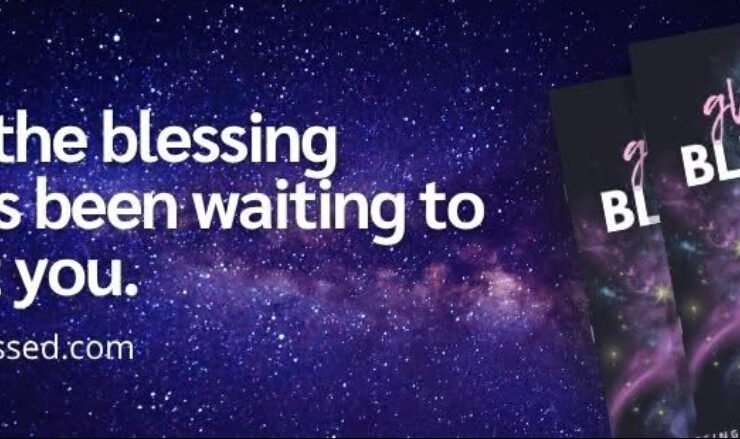Zach Zimmerman’s Essay Collection Breathes Fresh Life into Humor Writing

The landscape of humor writing can sometimes feel bleak, inundated with vanity projects from aging white comics that stretch the definition of funny (Tom Segura’s I’d Like To Play Alone, Please) and books that seem to be written for children but are marketed to adults (Adam Mansbach’s Go The Fuck To Sleep). So it comes as a relief to read Zach Zimmerman’s debut essay collection Is It Hot in Here?: Or Am I Suffering for All Eternity for the Sins I Committed on Earth? which breathes much-needed new life into the genre.
Comedy is an ever-changing thing, and new voices like Zimmerman’s are essential to its evolution and vibrancy. At its best, humor writing is vulnerable without sacrificing the funny (see: Phoebe Robinson’s You Can’t Touch My Hair: And Other Things I Still Have To Explain), using candor as a lightning rod, interested not just in shocking readers but in illuminating a new perspective of the world. Is It Hot in Here sees Zimmerman strike that perfect balance of vulnerability and irreverence, and demonstrate a unique command of the craft of personal narrative.
Zimmerman is perhaps best known as a stand-up who tells sharp jokes about the mundane (being tall, dating) and the ontological (religion, growing up religious) but manages to approach both in a way that makes room for everything from clever punning to absurdism. His stage presence is warm and convivial, and his “son of a pastor” persona goes a long way toward selling his comedy. The stories he tells also translate well onto the page, as does the distinct onstage voice and vernacular that he’s cultivated over the years. Even Zimmerman’s spoken jokes have a literary sensibility, making use of phrases like “tickling the feet of God” and “join me for mead on the ‘morrow.”
Throughout Is It Hot in Here’s 16 essays and 11 humor pieces—some of them original and some previously published in The New Yorker—Zimmerman explores the intersection of his religious upbringing and his secular life as a gay man. Here, we see side-by-side two distinct approaches to comedy: the joke-filled narrative essay and the humor piece that probes a singular comedic premise. Across both forms, Zimmerman visits and revisits his personal and comedic obsessions: blue-collar values and urban careerism; sin, hellscapes, and panic; the trappings of religiosity and holistic healing.
There’s nothing worse than trying to explain a joke, but two of the collection’s connected pieces, the back-to-back “Some First Date Red Flags to Watch Out For” and “Testimony,” stand out as exemplars of Zimmerman’s sharp, clever comedy. In the former, a familiar set-up—the list— gives the (also familiar) premise of a bad date with a crypto bro a religious twist. What starts with an observation about an insensitive power move—“He asks the server to repeat the specials but does not order any of them”—turns ominous but no less silly halfway through: “When you ask if he had any nicknames growing up, he says ‘Call me Legion, for we are many.’”
The piece continues to build to a cheeky reveal—the date is in fact the actual devil—before ultimately concluding with a final, Cosmo-style entry: “He pays the check, but when you get home, you receive a Venmo request for half.” Zimmerman has clearly mastered the list as a form, introducing his premise, heightening it, and ending with the perfect button But in the context of the rest of Is It Hot in Here, “Some First Date Red Flags” takes on an even deeper significance, particularly in the context of Zimmerman’s experience dating as a formerly devout—and closeted—Christian.
In the connecting piece, the earnest and revealing“Testimony,” Zimmerman writes how his profound anxiety about going to hell. As a teenager, he was often told his father’s story of being “saved,” but was unable, despite his best efforts, to find the same comfort and validation from religion. “In sci-fi movies, when there’s an explosion in space too loud to be represented, the soundtrack goes silent,” he writes. “It’s what God’s silence felt like.” It becomes clear that this results in a letting go of faith, or at least a turning away from the hope of salvation that Zimmerman felt in his life, and he blames his father for it. The red flags from the humor piece carry over into the red script of Zimmerman’s edits on his father’s essay on being saved, which is the only time it interrupts the traditional black type.
In his notes, Zimmerman offers unsentimental suggestions, which he pauses to acknowledge was kinder than pointing out that his father’s salvation was likely the result of trauma from losing his own father at 13 and manifesting the spiritual one he needed. The piece pivots to two pages of explanation that delve into where catastrophic thinking, anxiety, and growing up fearful of eternal damnation overlap, between text and phone exchanges between Zimmerman and his father. The essay ends with clever lines that summarize the issue nicely:
“I told you the truth to keep you from harm,” he objected.
“You caused me harm.”
“I told you the truth.”
Beyond this, the text is full of thoughtful work that explores meditation, religious retreats, dating, corporate work, and Zimmerman’s relationship with his own mother as it pertains to him as both a son and a gay man. While not everything works in this 146-page collection, the criticism lies in wanting more pages for some entries, not a lack of focus or sensibility. The book is at its best when the essays don’t short-shrift the impact of a humor piece’s ability to codify or complicate an issue raised in the more earnest prose, which is one of many beautiful aims and usual achievements the book manages despite its brevity.
Related: Short Film ‘Genre Flick’ Will Bring Back the Silliness of Queer Comedy
All in all, this is a petty gripe for a book that is helping break a promising comic voice on the literary front. In comedy, there’s often a theory that audiences need to be taught alternatives to the obvious can be funny, are funny, and are equal to the obvious. In tandem, the belief in specificity as universality is also a maxim most good jokes abide by. Together, these hold in Zimmerman’s work brilliantly, and it would be a shame to miss out on a voice that isn’t stale, ordinary, or obvious, but extraordinary, daring, and important.










